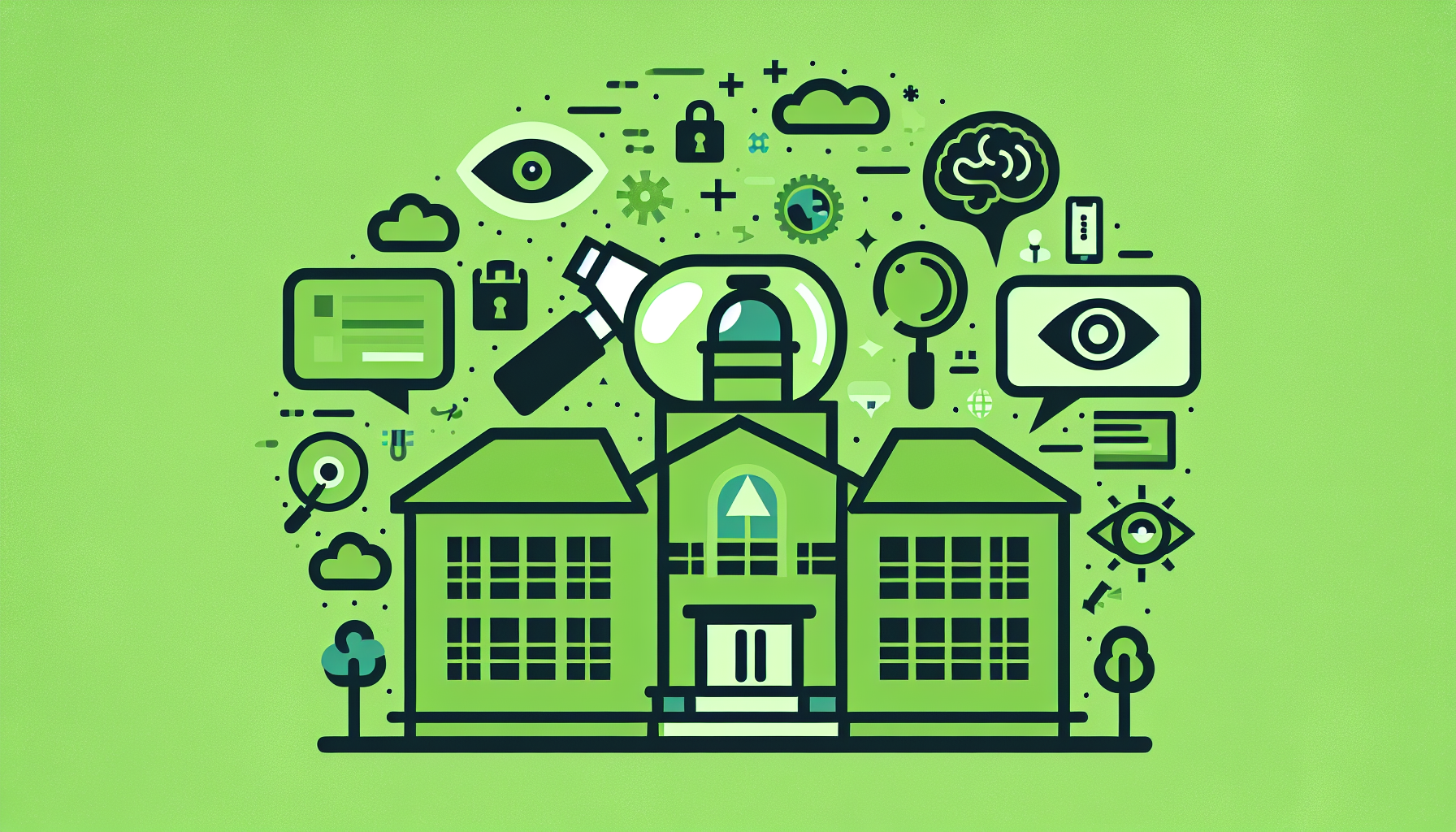Schools Make Kids Crazy
Authored by James Bovard via The Brownstone Institute,
Almost one-third of government schools nationwide are now surveilling the mental health of students. Illinois Governor J.B. Pritzker recently signed a bill to bring “universal me…
Why it matters
- A significant shift in education policy reflects increased concerns about student mental health.
- The surveillance aims to identify and address mental health issues early.
- The implications of such monitoring raise questions about privacy and the role of schools in mental health care.
In a notable shift in education policy, nearly one-third of public schools across the United States are now actively monitoring the mental health of their students. This trend has gained momentum following recent legislative changes, including a bill signed into law by Illinois Governor J.B. Pritzker that aims to implement universal mental health screenings in schools. As educational institutions grapple with rising mental health concerns among children and adolescents, the ramifications of this growing trend are profound and multifaceted.
The Illinois legislation is part of a broader movement across the nation, where school systems are increasingly tasked with addressing mental health issues that affect student performance and overall well-being. The new law mandates that schools provide mental health screenings for all students, a measure that supporters argue will help identify and support those who may be struggling in silence. Advocates believe that early intervention can play a crucial role in preventing more serious issues later in life.
However, the decision to surveil students' mental health has sparked a heated debate regarding privacy rights and the ethical implications of such monitoring. Critics of the initiative express concerns that constant surveillance may lead to an environment of distrust, where students feel their personal struggles are being scrutinized rather than supported. They argue that while the intent is to help students, the methodology could inadvertently contribute to feelings of anxiety and paranoia.
Furthermore, there are questions about the adequacy of training for school staff who will be responsible for interpreting mental health data and providing appropriate interventions. Many educators may not have the necessary background in psychology or mental health care, raising concerns about the quality and effectiveness of the support offered. The potential for misinterpretation of signals or symptoms could lead to inappropriate responses and additional stress for students already facing challenges.
Supporters of the bill argue that mental health screenings are crucial in today’s educational landscape, particularly in light of the growing awareness of mental health issues exacerbated by the COVID-19 pandemic. Many students have reported increased feelings of anxiety, depression, and isolation, which have been linked to the disruptions in their education and social lives caused by the pandemic. The push for mental health awareness in schools is seen as a proactive approach to ensure that students receive the necessary support to thrive both academically and personally.
In addition to Illinois, other states are also considering similar measures, reflecting a nationwide trend toward integrating mental health care into educational settings. This shift underscores the recognition that mental health is critical to academic success and overall development. However, the implementation of such policies requires careful consideration of the ethical implications and the need for adequate resources to support students and staff alike.
As schools embark on this new journey of mental health monitoring, it raises important questions about the balance between ensuring student welfare and protecting individual rights. The conversations surrounding these policies are likely to continue, as educators, parents, and policymakers navigate the complex landscape of mental health in schools. Ensuring that students feel safe and supported while respecting their privacy will be crucial in the successful implementation of these initiatives.
While the intention behind monitoring mental health may be rooted in compassion and care, it is imperative that schools approach this responsibility with caution and discernment. The effectiveness of mental health programs in educational settings will ultimately depend on the support systems established, the training provided to staff, and the willingness of students to engage in their own mental health journeys without fear of judgment or stigma. As this trend evolves, it will be critical to monitor its impact on the student population and adjust policies accordingly to best serve the needs of young people today.











